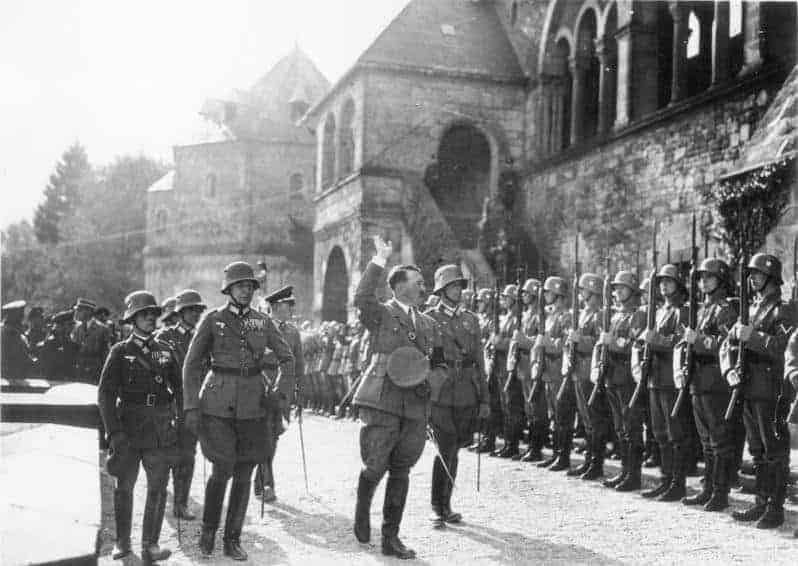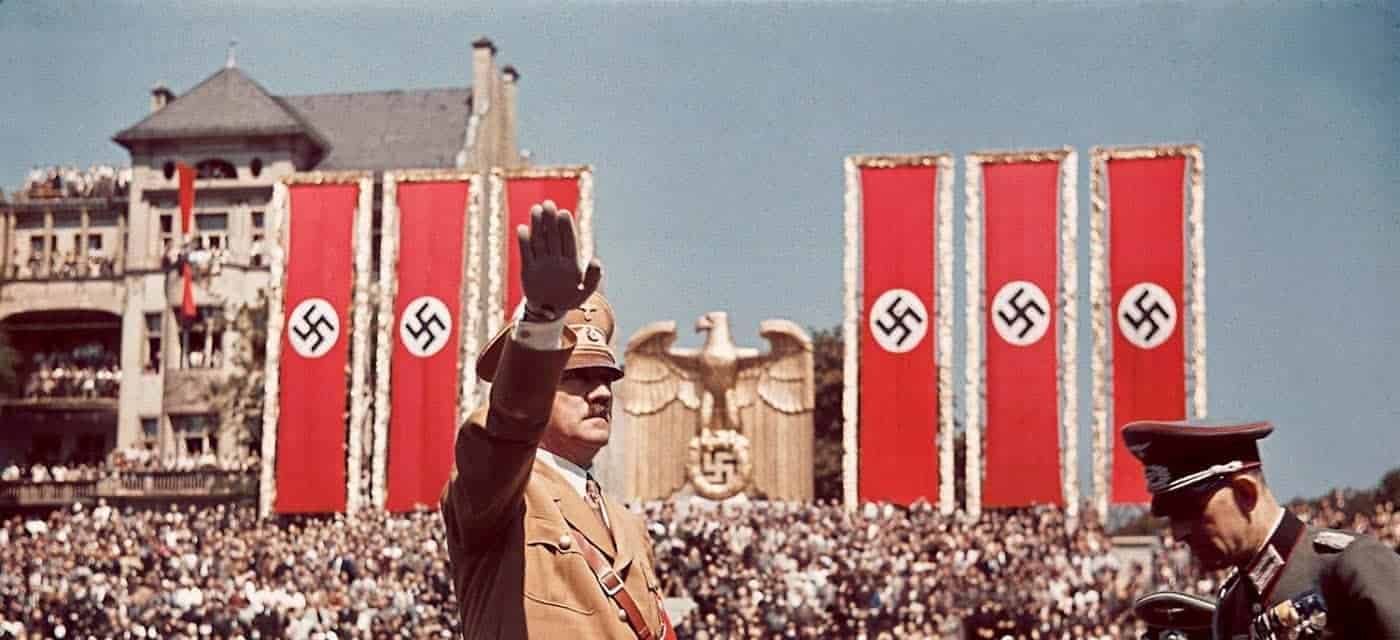On this day, during WWII there was a major change in the German High Command. One that was to shock every German General and one that many have claimed meant that Nazi Germany’s defeat was almost inevitable. On this date in 1941, Adolf Hitler takes personal command of the German army and becomes the chief of staff of the armed forces. Previously, Hitler had interfered with the army and had even overruled the orders of his Generals on occasion. Assuming personal command was an extraordinary step even for Hitler and it antagonized many generals and traditionalists. Many of his Generals referred to Hitler as the ‘Bohemian’ Corporal and had nothing but disdain for his strategic and tactical abilities.

The unprecedented step by Hitler was in response to a terrible crisis in the German army. In 1941 despite a non-aggression agreement with Stalin, Hitler ordered his army into the Soviet Union. Initially, Operation Barbarossa had been successful. The German army had achieved complete surprise and the Soviet army was pushed back almost fifty miles on the first day. More victories followed for the Germans to seized the Baltic States, White Russia (Belorussia) and the Ukraine. The Nazi war machine managed to capture hundreds of thousands of Soviet soldiers. Hitler in the autumn of 1941 had ordered a massive offensive aimed at seizing Moscow. The Soviets had managed to build a massive line of fortifications some 100 miles from the city. The Germans were not able to take the defensive line and this delay was to prove fatal for the Nazis plans.

The Russian winter fell early in 1941 and soon there were freezing temperatures, heavy snows, blizzards and ice storms. The petrol froze in the tanks and automobiles of the German army. The German army was able to make some progress towards Moscow and at one stage advance units could see Moscow in the distance. The Soviet general Georgi Zhukov planned a massive counter-attack and was able to use divisions from Siberia, where they had been preparing for a Japanese invasion. Stalin ordered the divisions to be transported from the Far East to Moscow. The Soviet Army was unleashed in a massive counterattack and drove the Germans back. The German front line collapsed and many division were cut-off. This was even acknowledged by the German High Command to be a disaster and the most serious defeat suffered by the army since the start of the war. The defeat outside Moscow was a blow to the morale and self-belief of the German army and High Command.
Hitler when he assumed command began to fire officers often for no good reason. Among the generals he was and von Runstedt, one of the most respected generals. Hitler decided that the reason for the failure of Moscow offensive was that it was not motivated enough. He believed that the army had to be indoctrinated more in Nazi ideology. Hitler was to porve incompetent and this was especially evident at the disastrous Battle of Stalingrad.

